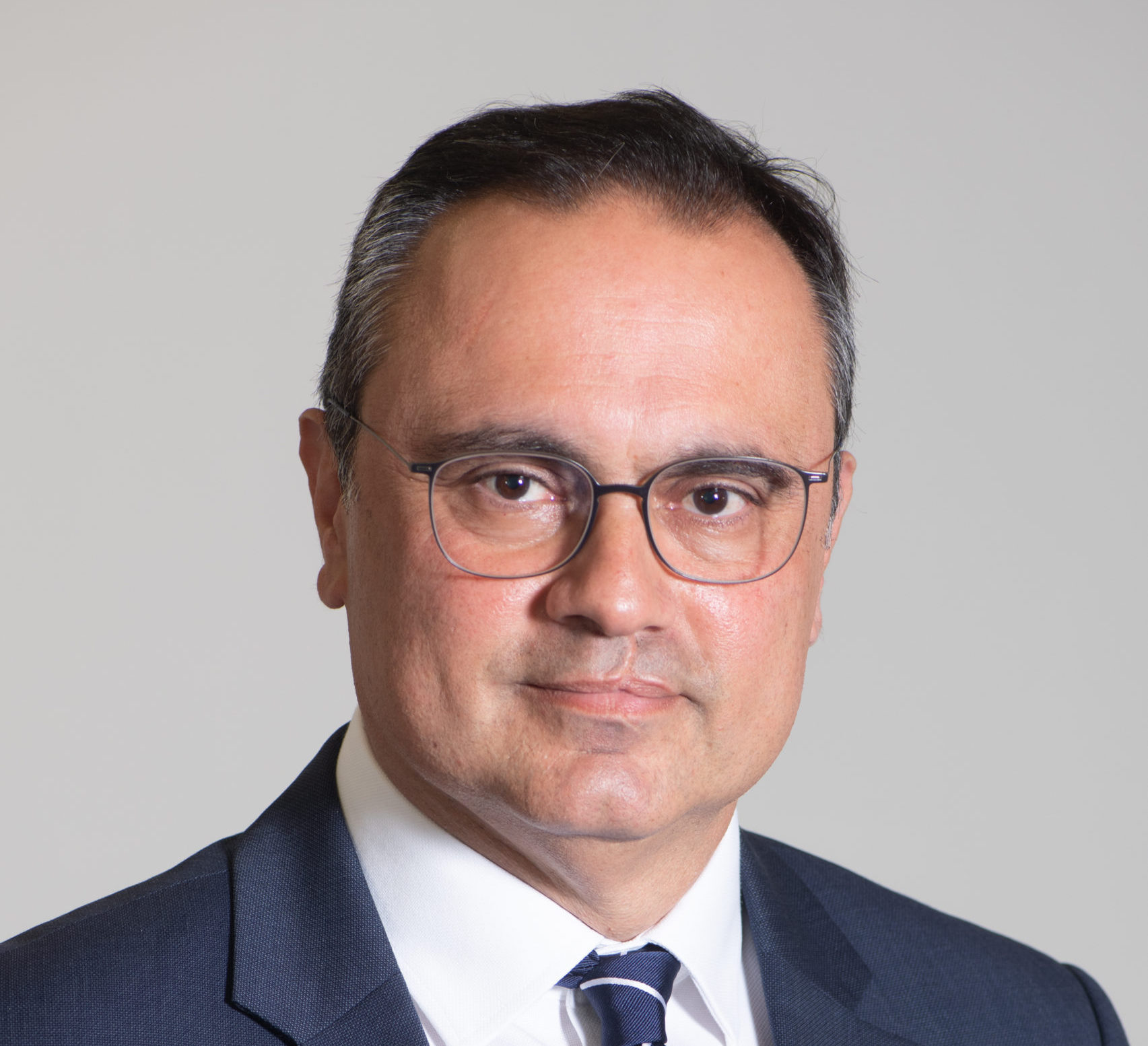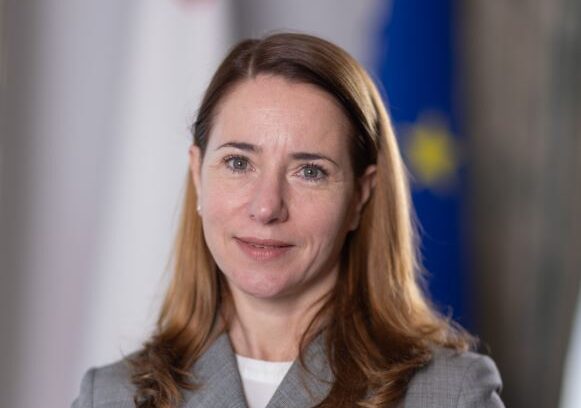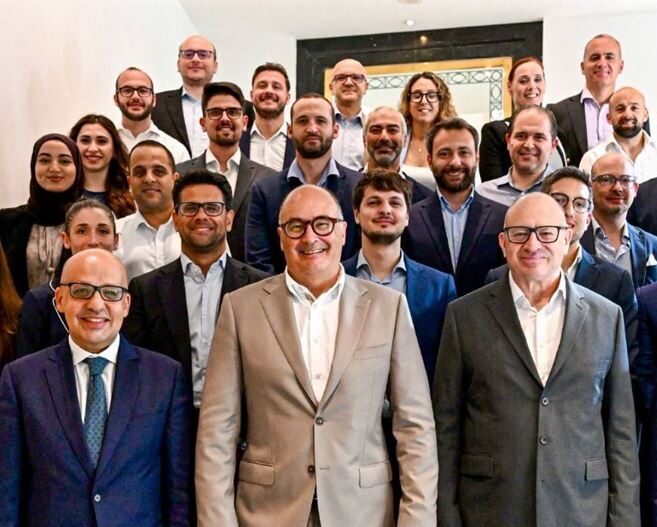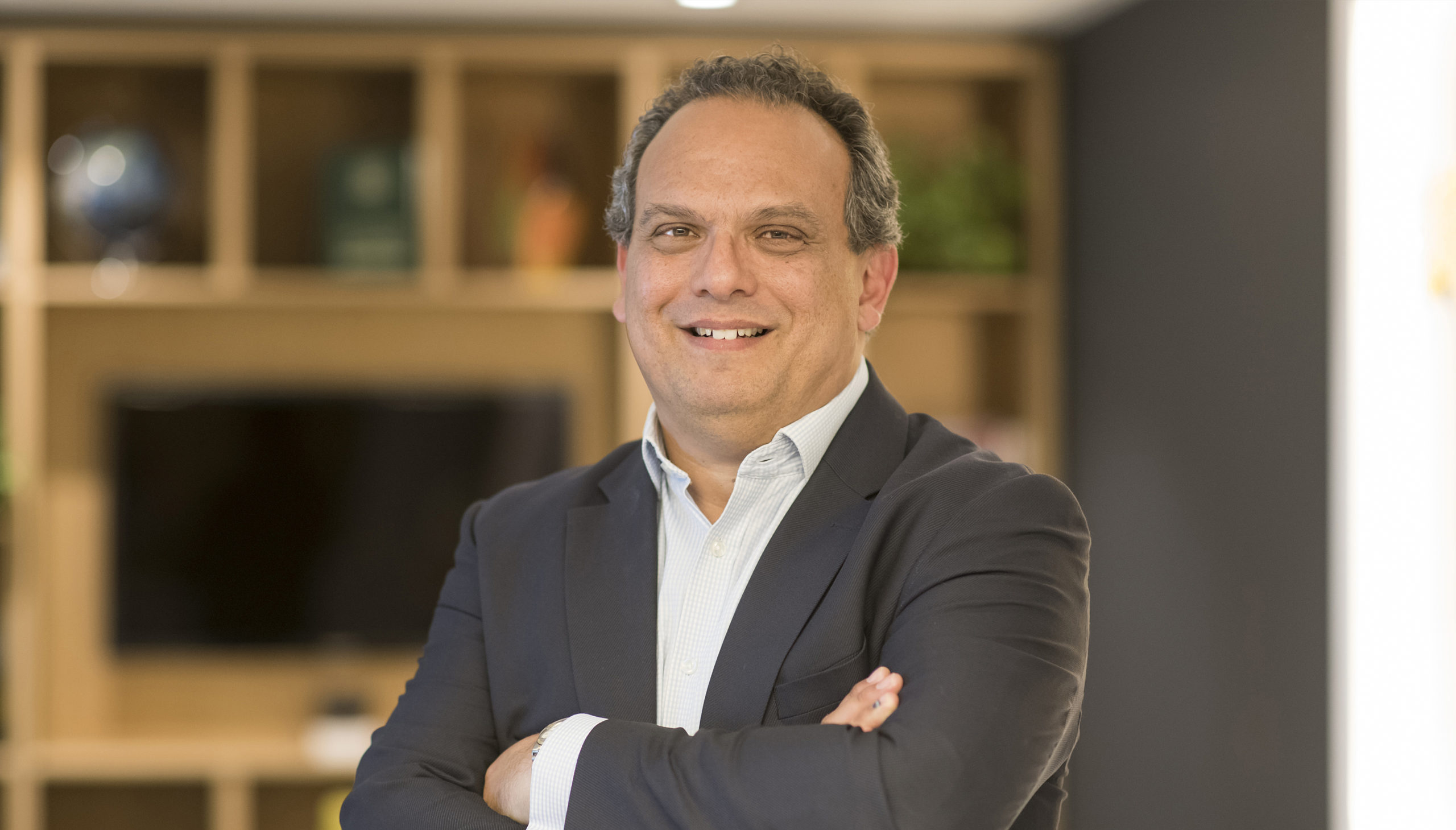With a war now layered on top of the pandemic recession, the economic costs of the conflict in Eastern Europe threaten to stall the gradual global recovery from the COVID-19 pandemic.
APS Bank Chief Risk Officer Giovanni Bartolotta discusses some of the emerging risks.
As Chief Risk Officer for APS Bank, you’ve had a front row seat during and post pandemic, advising at board and management level. How is this year panning out?
Nobody could have predicted the pandemic and the unprecedented fallout, including a second global recession, then followed by a 1970s style price inflation. Just a year ago, many central banks around the world were forecasting a temporary spike in inflation, with the European Central Bank seeing price increases at 1 per cent for 2021 and the Federal Reserve forecasting a more pronounced 1.8 per cent. As things are turning out, inflation in Europe is now consistently above 6 per cent and, in the US, around 8 per cent.
What factors are contributing to this inflation?
Initially this was mostly attributed to transitory supply chain disruptions, or rather, supply chains finding their feet in the new, less globalised, world economic order. But with commodities and product components trickling into the economy, against a stronger demand, it is now clear that elements of “permanence” are becoming more entrenched in global price trends. It is now evident that the widespread increase in prices is driven by a significant expansion in aggregate demand, persistent energy supply shocks and lingering COVID-19 effects in China, slowing down manufacturing.
The COVID-19 relief measures put in place by governments have helped mitigate the economic fallout. Has there also been a negative impact?
Ironically, the various measures put in place by governments to revive economies have inadvertently added to the current situation. Measures such as protracted quantitative easing, large public deficits, and ultra-low interest rates, injected vast amounts of liquidity into the global economy, at the same time artificially creating purchasing power and causing inflationary pressure. Possibly, COVID-19 relief measures were in place for longer than necessary, as GDP growth recovered fast from the sharp but short COVID-19 induced recession, igniting inflation.
What action is being taken to counteract this rapid inflation spike?
With the notable exception of the Eurozone, monetary and fiscal policies started tightening in recent months, so we should expect to see inflationary pressure start correcting itself. The higher cost of commodities and product components will also act as a brake on economic growth, preventing the economy from overheating. The risk now shifts to finding the right balance in the pace of tightening, which if too aggressive, could thwart the nascent global recovery. A repeat of the early 1980s global recession – induced by too aggressive interest rates increases – is now a possibility.
From pandemic to war, it feels like the world is lurching from one crisis to another. How will this war in Ukraine amplify inflation problems?
The start of the invasion of Ukraine was another unprecedented crisis. Apart from the deplorable trail of destruction and loss of human lives, this war also consolidated pressure on global energy prices, increasing further inflationary expectations and lowering the economic growth outlook, raising the spectre of a global stagflation, meaning high levels of inflation against low growth.
Lower growth will have various implications on some European economies, including a slower return to more acceptable levels of debt/GDP caused by smaller tax revenue than expected, as well as increased investments into alternative energy sources and defence sectors, will also contribute to slower deleveraging of government debt levels, acting as a brake on growth in other economic activities.
In your role as Chief Risk Officer, where do you see risk assessment and policy going?
The recent global events have brought two priorities to the top; a move to reduce Europe’s dependency on Russia for oil and gas, and a return to military defence spending. Heightened geopolitical uncertainty, sky-high energy and commodity prices, and undecisive central banks’ response to this latest crisis might act as a drag on global economic growth prospects. As the Bank’s CRO, I will continue to assess the evolving situation and its potential implications on the Maltese economy, refine and strengthen the Bank’s risk management framework to respond to the current uncertainty, and position the Bank (and its customers) on a solid footing once the clouds on the horizon clear up.

Mr. Giovanni Bartolotta has held the position of Chief Risk Officer at APS bank for over three years.
Prior to joining APS Bank, he spent fourteen years at FIMBANK plc as Executive Vice President and Global Head of Risk. His move to Malta was preceded by a ten-year stint in London working for major global investment banks, including Kleinwort Benson, JP Morgan Chase & Co and Bear Stearns International.
An experienced Banker with an extensive knowledge of global markets, corporate finance, risk and compliance, Giovanni holds a BA in Economics from Bocconi SDA, University of Milan and is currently a member of the Council of Malta Association of Credit Management.
The views and opinions expressed in this interview are those of the authors and do not necessarily reflect the official policy or position of APS Bank plc.
Alison Micallef appointed CEO at Malta Development Bank
She steps into the new role effective immediately.
Impact beyond profit: CSR in Malta is a must in 2025
Nowadays, corporate social responsibility can no longer take a backseat in your business's vision.
Malta’s private equity sector urged to seize opportunities at high-level CEO seminar
Panellists highlighted Malta’s potential as a destination for private capital, citing its English-speaking workforce, regulatory accessibility, and strategic location.
Ronald Attard takes on expanded role as Managing Partner for Risk Management at EY Europe Central
He has built experience in management accounting, corporate finance, and mergers and acquisitions.









